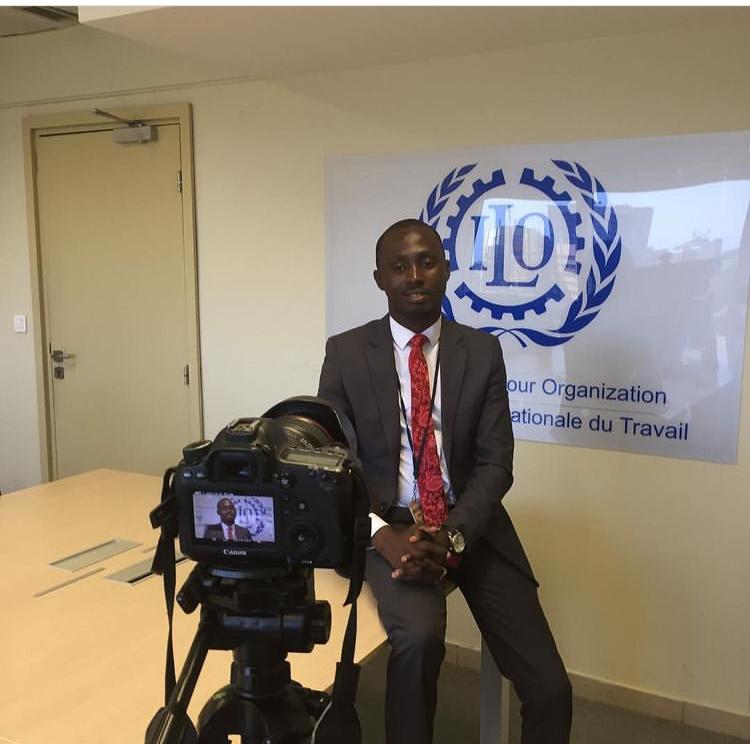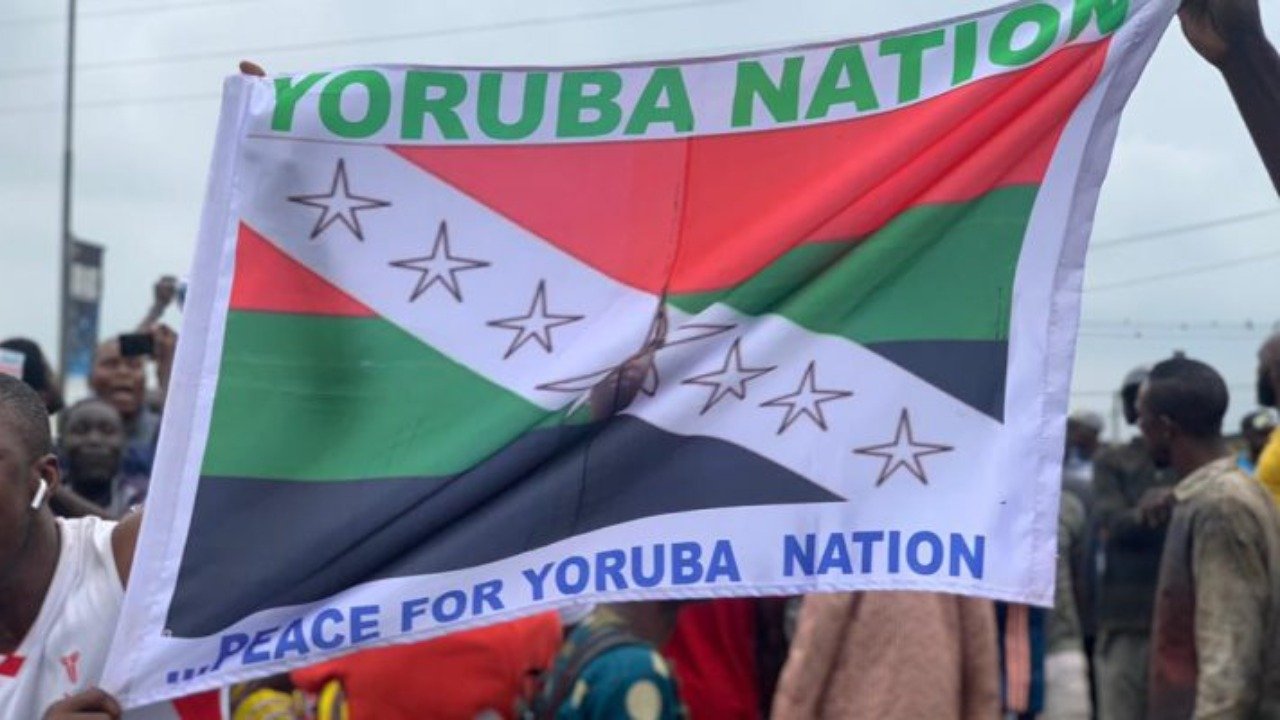By Dolapo Aina
Rotimi Olawale is a Nigerian entrepreneur who is into agrobusiness with interests in coffee, cassava and other agriculture-related focus. He has been expanding into some African countries like Rwanda and Zambia. Dolapo Aina sat down with Rotimi Olawale in Kigali; Rwanda on Thursday, the 24th of June, 2021 to discuss his foray into other African countries, African business integration on the Continent and other issues. Do read the excerpts of the interview.
What brings you to Rwanda?
I am Olawale Rotimi Opeyemi and I am the founder and CEO of JR Farms Limited. And presently, I am in Kigali, Rwanda. JR Farms is into agrobusiness and currently, the company operates in four countries namely; Nigeria, Rwanda, Zambia and The Netherlands. We have three areas of operation which are food processing, agro-commodity trading and agro-consultancy. In Nigeria, we are into cassava processing and coffee retailing. In Rwanda, we are into coffee exportation (and this has been ongoing for four years.) Also, in Rwanda, we have a new project which is in partnership with FAO (Food and Agriculture Organisation) which is to invest in youth-led agrobusinesses in Rwanda; to inspire and support them in order for them to be able to scale their businesses. In Zambia, we have the livestock project ongoing. And in The Netherlands, we have the coffee activities and mobilising investments from Europe back to Africa.
In Rwanda, we export coffee and work in the coffee sector. We are looking at scaling our projects to other activities across the agriculture chain.
Why Rwanda?
Basically, when we came here, we were looking for a country where things are quite organised. Where the environment is enabling and Rwanda met our desires and ticked all the boxes we wanted. We all know that the environment is enabling, the basic infrastructure and amenities are available to facilitate business growth and sustainability. And the ease of doing business is also very commendable. To register your business, to get the bank account open, to file your taxes etc. all this are digital and to export is quite fast and seamless. The operationability of business here in Rwanda is encouraging because the embargoes you would usually expect from African countries have been removed. The enabling environment is a major reason. Also, the quality of the coffee is great. Also, the farmers are well organised into cooperatives which makes it very easy to source the coffee because the farmers have put themselves into clusters of cooperatives (we all know that the government is giving them a lot of support). This high-level organisation among the farmers makes it easy for you to source coffee because they can put their small and individual farms together to become large volumes.
So, you don’t have to begin to deal with individual farmers who have one hectare or even less. They can put them together in a cooperative and you buy in volumes. This makes support easier and traceability easier too. Because in a case where you want to trace the origins of the coffee, once you are dealing with a cooperative, traceability is easy. Also, in a case, where you want to do some interventions e.g., trainings and support activities of the farmers to improve the production of coffee; it is also easy because you know where it is coming from and you know what they are doing and you know how they have formed themselves. These are key pointers that have inspired us to stay in Rwanda, just like every other business who have come to set up in Rwanda.
You commenced operations since 2018. How has it been so far? No regrets?
No regrets at all. It has been an enjoyable journey so far. And over the years, we have constantly continued to work here even in the midst of the covid pandemic, we still had exports moving. So far, it has been encouraging and inspiring. And that is why we have been intensifying the new project we have which is the Green Agribusiness fund.
What is the Green Agribusiness Fund all about?
The new agribusiness fund is a new project of JR Farms which is designed to invest in youth-led agribusinesses in Rwanda. We commenced the pilot in 2020 in partnership with FAO (Food and Agriculture Organisation). We have move to the next stage by extending the project to Uganda and Nigeria. Our sojourn into Rwanda has been good so far and we have no worries and concerns about the country. We know that the needed structures are in place and things are working. And in the near future, things would be sustained.
As an upwardly mobile young Nigerian and African who decided to set up shop in Rwanda, what would you tell other Nigerians back home who are into farming about the opportunities in Rwanda?
I believe every African should feel free to move around Africa to explore business opportunities (it is not only about Nigerians or Rwandans.) We came to Rwanda and we did not only stay in Rwanda, we have extended to Zambia. So, I think Africans should learn to expand and move around freely. The same way I have been able to move from Nigeria to Rwanda and Zambia, Zambians should also be able to move from Zambia to Rwanda and Rwandans should be able to move to Zambia. Let’s integrate. I was glad to read some days ago, that Ghana was partnering with the government of Rwanda to establish a chocolate processing factory in Rwanda. This for me is quite inspiring because this is the kind of Africa we should have, strengthening bilateral relations through economic ties not only political ties. If Ghana has a stake in Rwanda economically, they would be promoting each other, because the cocoa would come from Ghana and then, the processing is done in the factory in Rwanda. Then, Rwanda would be able to access the East African market in the production line. That means that by the time this production commences, Rwanda does not need to import chocolates anymore. Another angle is that because of the East African Community, you can export to Kenya, Uganda and other countries without any trade embargo.
These are key things and indicators that we should be proud of as Africans and we should be doing. Ghana and Rwanda have set an example of what should be happening. We should not close our borders. We should not fight each other. The example set by Ghana and Rwanda is a very significant move; from West Africa to East Africa. It is building stronger economic ties. For example, now, the source would be Ghana for the raw cocoa and it would be sent to Rwanda where it would be processed. For me, it is not only about coming to Rwanda, it is about Africans moving around and integrating to do business on the African Continent.
Dolapo Aina writes from Kigali, Rwanda

 News6 years ago
News6 years ago
 Featured6 years ago
Featured6 years ago
 Boss Picks6 years ago
Boss Picks6 years ago
 Headline6 years ago
Headline6 years ago
 Headline6 years ago
Headline6 years ago
 Headline5 years ago
Headline5 years ago
 Headline6 years ago
Headline6 years ago
 Headline6 years ago
Headline6 years ago













